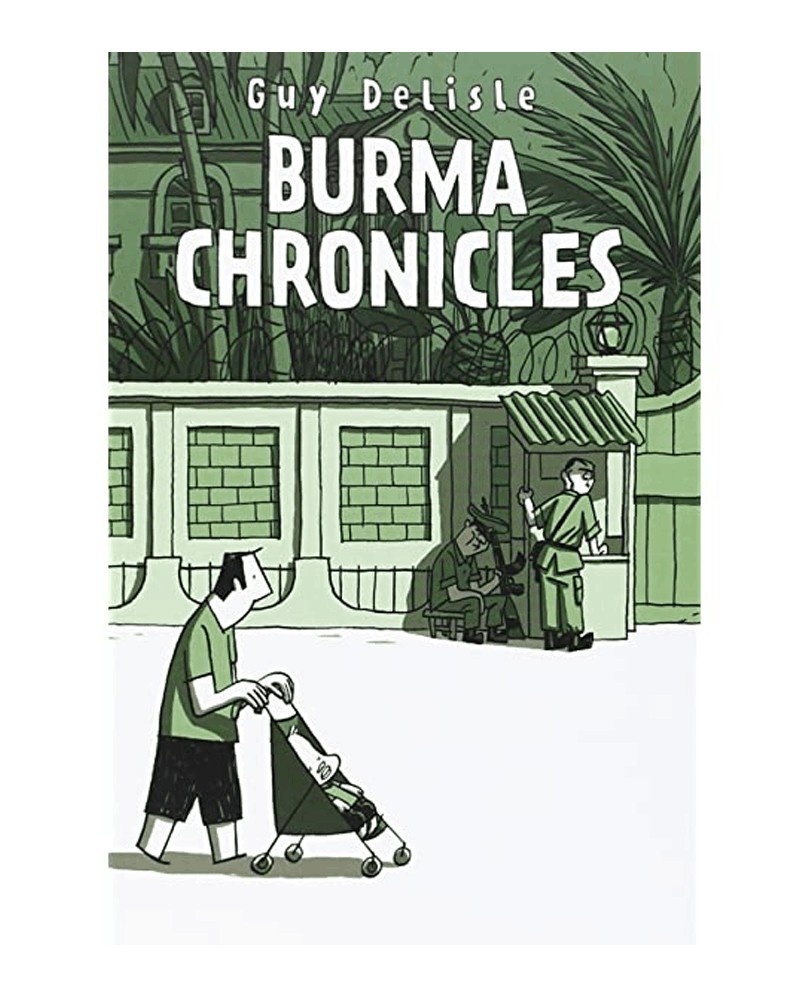



The key to its success are Delisle's whimsical, black-and-white drawings, as well as his endearingly naïve and humorous self-portrait. Simply put, Burma Chronicles is the most enlightening and insightful book on Burma in years. How, I asked myself, could a "comic book" begin to convey the cruelty, injustice and absurdity of life in that betrayed, golden land? Burma is, of course, a brutal dictatorship, where its elected leader, Aung San Suu Kyi has been under house arrest for 13 years, where almost half the government budget is spent on the military (and just 19p per person per year on health care), where one in 10 babies die before their fifth birthday, where 2,100 political prisoners are routinely tortured. Along the way, he's created four graphic travelogues on his sojourns in North Korea, China and now Burma. Delisle is a Quebecois cartoonist who has travelled around Asia usually with his wife, an administrator with Medecins Sans Frontières (MSF). So I was apprehensive when I received a copy of Burma Chronicles by Guy Delisle. Apart from the genius of Robert Crumb, Art Spiegelman and Posy Simmonds, everything else seemed worthy only of the "funny pages", a minor distraction at the back of the weekend paper. Since the demise of Classics Illustrated in 1971, and the commercial success of populist comic books and their cinematic super heroes, I've been suspicious of contemporary graphic storytellers. Kanter's objective was to bring intelligent literature to young people and his work remains the most noble in the history of illustrated children's magazines.

Dickens, Dumas, Emily Bronte, Walter Scott, Gogol and Jules Verne, I read them first as illustrated comics. Over 30 years he adapted 169 literary masterpieces into evocative graphic storybooks. In those days an inspirational American publisher named Albert Kanter produced a series called Classics Illustrated. testosterone-pumping heroics in Gotham City and daft larks in the Midlands – but rather The Iliad, Moby Dick and the Lord of the Rings. Not Batman or the Beano which were too parochial for my taste – i.e. I spent the summer holidays of my Canadian childhood reading comic books.


 0 kommentar(er)
0 kommentar(er)
